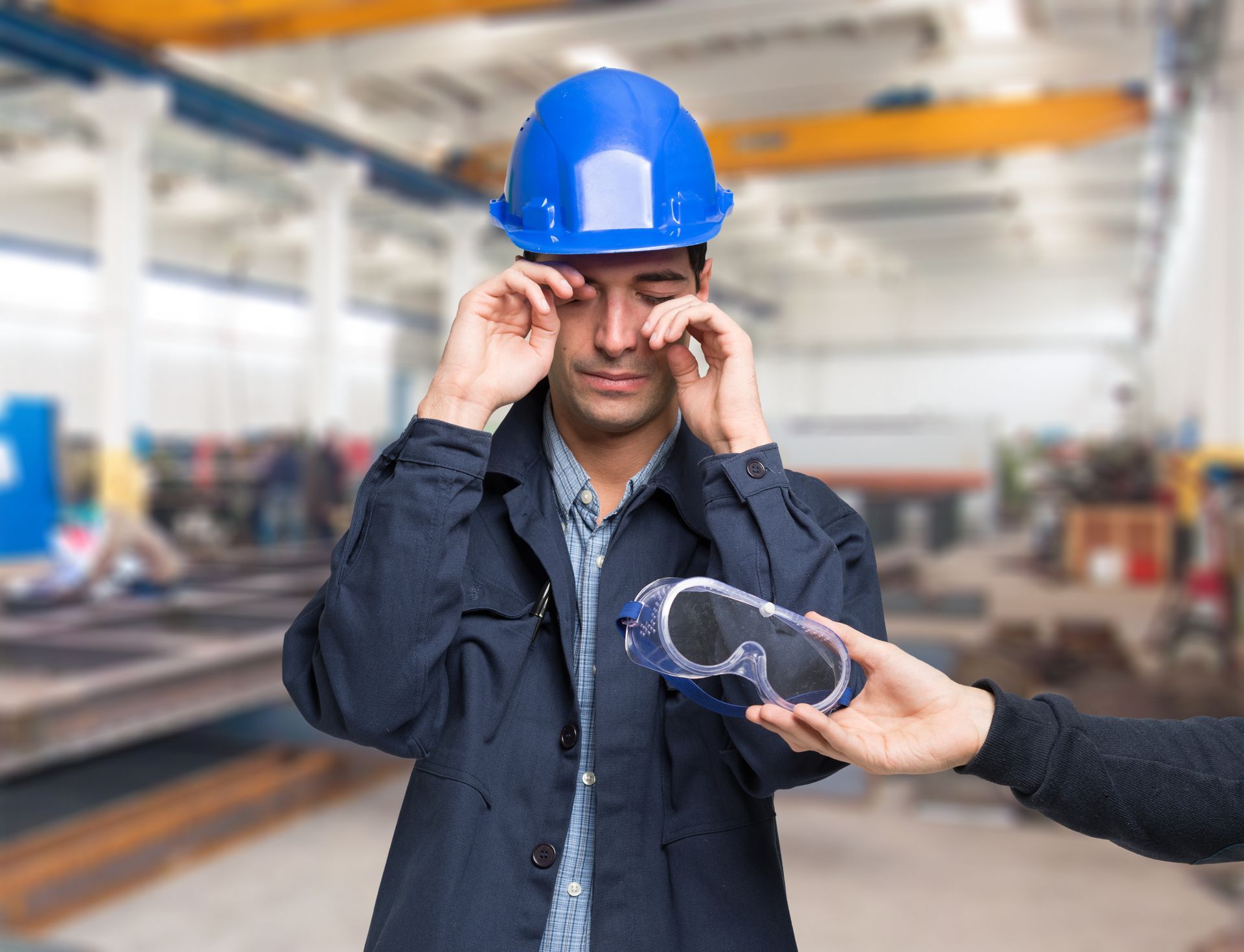PERSONAL ATTENTION. COLLABORATIVE STRATEGIES.
Hearing & Vision Loss At Work Attorney In Portland, Oregon
Hearing & Vision Loss At Work Attorney
More than 30 million U.S. workers encounter noise levels high enough to cause hearing loss. In fact, some 20,000 workplace cases involve hearing loss each year. More than 2,000 people every day suffer eye injuries in the workplace, with 10% to 20% resulting in temporary or permanent loss of vision.
Hearing loss is invariably permanent, and vision loss is in many cases. Employers owe their workers a safe environment and all the tools and equipment necessary to make it so. If you have suffered hearing or vision loss in the workplace, you may qualify for workers’ compensation benefits.
The Law Office of Michael J. Orlando is solely dedicated to representing clients in Beaverton, Oregon, Eugene, Salem, and Portland in workers’ compensation claims. Michael J. Orland brings a decade of experience in the insurance industry to bear on his representation of injured workers.
What Is Work-related Hearing Loss?
Noise-induced hearing loss (NIHL) can occur in many places. Exposure to loud music, fireworks, lawnmowers, farm equipment, and power tools can permanently damage hearing. Employees routinely exposed to noise at 70 decibels or above risk hearing loss if the noise is not somehow mitigated, such as through the use of earplugs or noise-canceling headphones. A single noise at 120 decibels or above can cause immediate hearing loss.
A whisper is roughly 30 decibels and normal conversation is typically 60 decibels. A motorcycle engine would be about 95 decibels which would cause hearing loss over time by destroying the delicate hair cells in the inner ear that convert vibration from the eardrum to electrical signals sent to the brain to recognize sound. Those hair cells cannot be restored which makes hearing loss a permanent condition.
Symptoms and signs of hearing loss include:
- Speech and other sounds are muffled
- Difficulty understanding words, especially when there is background or crowd noise;
- Needing to increase volume on radios, phones, and other devices; and,
- Difficulty hearing consonants.
Anyone who works in an environment with noise at 70 decibels or above is a risk for occupational NIHL. This would include construction workers exposed to heavy equipment and power tools, factory workers operating or working near loud machinery, and military or law enforcement using firearms or explosives.
Hearing And Vision Loss Injury Attorney In Portland, Oregon
Michael J. Orlando understands how insurance companies work. He once worked in the insurance industry, helping to deny claims. After seeing injured workers denied fair compensation, he decided to change sides and represent injury victims instead. If you live or work in Beaverton, Oregon, or in Eugene, Salem, or Portland and you believe that the workplace has caused you to lose your hearing or vision, the Law Office of Michael J. Orlando may be able to help. Workers’ compensation claims are time-sensitive so don’t wait. Call now to schedule a free consultation.



